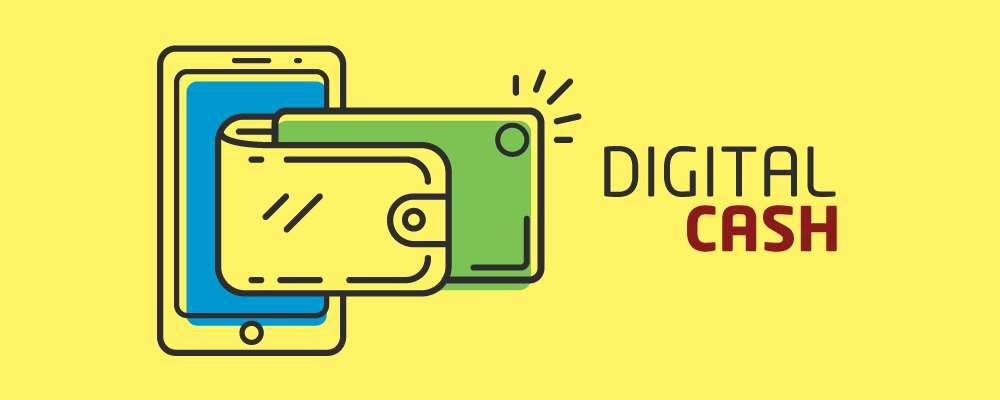Cash To Cashless

As Mint quotes, “A cashless economy is a situation in which the flow of cash in the economy ceases and all transactions are routed through electronic channels.”
As people shift from traditional to modern means of transactional settlement, the cashless economy appears to be a step forward. Internet connectivity further facilitates the process.
As history states, the discovery of banks brought in the need for paper money. Constrained in the lending capacity, the government started printing currency in excess of the available reserves. What if people lose faith in the currency and it depreciates? Will there be any alternative available? Well, the irrefutable answer to these questions finds itself in a cashless system as it averts the possibility of an underground economy. Not only does a cashless economy curb black money generation but also provides a boost to GDP by converting savings into investment.
To cite an example, cash is considered as the driving force behind inflation in real estate prices. A cashless economy economizes such prices through augmented efficiency gains. It leads to the availability of universal banking services and overcomes the problem of soiled currency. With speedy operations, the delay involved in communication with the bank staff eliminates. Such increased velocity of money benefits credit access and financial inclusion.
Countries are gaining momentum (mobile wallet and licensing of payment banks in India) and are likely to welcome accountability and transparency in transactions by shifting to cashless economies.





